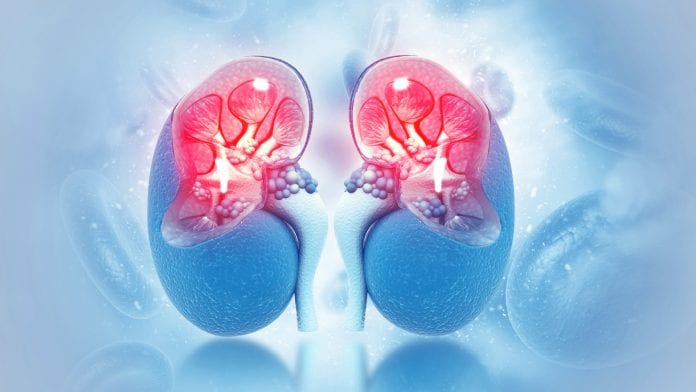
Farxiga has been given Breakthrough Therapy Designation by the Food and Drug Administration (FDA) for patients with chronic kidney disease.
Farxiga has recently shown encouraging early clinical results that demonstrate substantial clinical improvement in patients with and without Type 2 diabetes. This has led to the granting of its Breakthrough Therapy Status in the US by the FDA for the treatment of chronic kidney disease, which is designed to accelerate the development and review of potential new medicines.
Chronic kidney disease affects nearly 700 million people worldwide, and is a serious, progressive condition defined by decreased kidney function, with the most common causes being diabetes, hypertension, and glomerulonephritis.
Potential medicine for chronic kidney disease
Breakthrough Therapy Designation for AstraZeneca’s Farxiga has been based on the clinical evidence from the recent DAPA-CKD trial. The international, multi-centre, randomised, double-blinded trial involved 4,304 patients and was designed to evaluate the efficacy of 10mg of Farxiga, compared with placebo, in patients with chronic kidney disease Stages 2-4 and elevated urinary albumin excretion, with and without Type 2 diabetes.
The trial demonstrated that the drug, on top of standard of care, reduced the composite measure of worsening of renal function or risk of cardiovascular or renal death by 39% compared to placebo in patients with chronic kidney disease, whilst also significantly reducing death from any cause by 31% to placebo.
In the US, Farxiga is indicated as an adjunct to diet and exercise to improve glycaemic control in adults with Type 2 diabetes, and to reduce the risk of hospitalisation for heart failure in patients with Type 2 diabetes, and established cardiovascular disease or multiple cardiovascular risk factors.
In May, Farxiga was approved in the US to reduce the risk of cardiovascular death and heart failure in adults with heart failure with reduced ejection fraction, both with and without Type 2 diabetes.

























